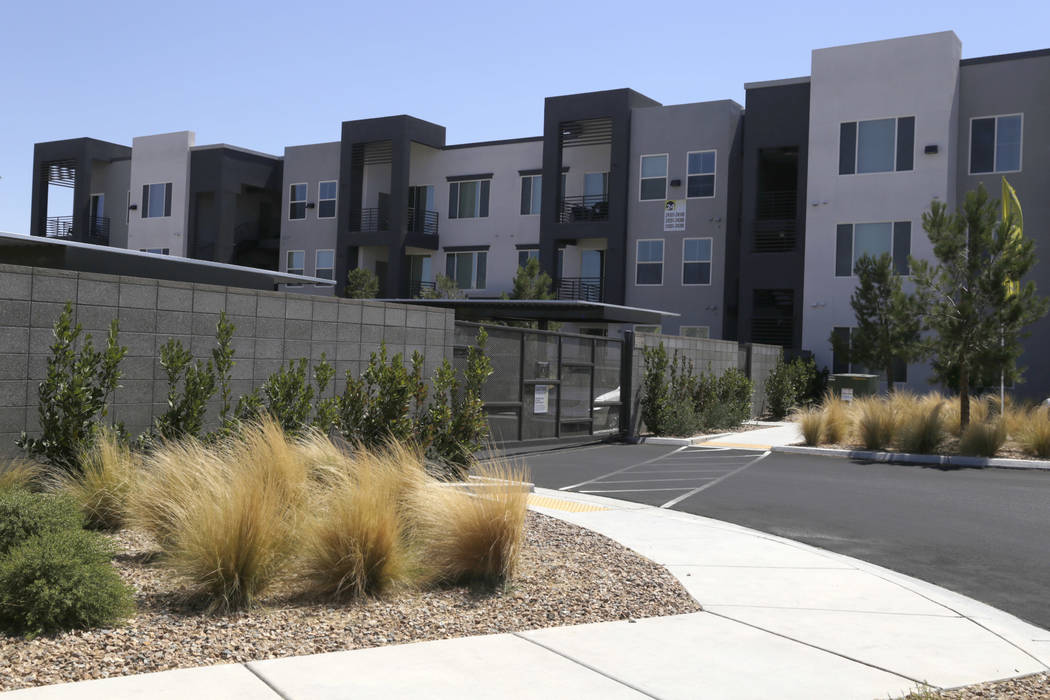EDITORIAL: The predictable consequences of rent control
Despite being dismissed as a destructive gimmick by most serious economists, rent control is making a comeback in progressive circles. Lawmakers in New York, California and Oregon this year either expanded or created programs that impose limits on how much landlords may charge for the use of their property.
Democrats in the Nevada Legislature also briefly considered a bill that was amended to allow local governments to explore various rent control programs.
The irony is that proponents push these initiatives under the guise of creating more “affordable housing” when, in fact, such laws do exactly the opposite by undermining investment in current and new projects and discouraging potential landlords from entering the marketplace. And while protectionist government price restrictions on rent may benefit those who already have a place to live, they reduce market churn and create barriers for newcomers and others who need housing, particularly the poor.
Take New York City, with 1 million rent-regulated units. It’s been only five months since lawmakers in Albany tweaked the state’s rent control statutes to limit how much in repair and maintenance costs property owners may legally pass on to tenants. The new provisions also ban landlords from charging market rates at high-end properties.
The results have been predictable.
“Two owners of large portfolios of buildings with rent-regulated apartments have already started falling behind on mortgage payments,” Steve Malanga of City Journal wrote last week. “Sales of rental buildings in New York plunged 50 percent in the first quarter after the legislation was enacted, and now some owners face the prospect of being saddled with buildings operating at a loss, with a value less than their mortgages.”
One commercial real-estate broker told The Wall Street Journal that the distress felt by these large landlords “are not isolated instances.” Industry observers, the paper reported last month, “expect other landlords to fall into financial trouble as the rent laws push down income and property values.” The Journal had also noted in July that the owner of two large Manhattan developments comprising 11,000 apartments shelved all new capital investments in the properties, thanks to the expanded rent-control restrictions.
“Decades of bipartisan research,” Mr. Malanga wrote, “tell us that controls on rent suppress real estate values, diminish property taxes and reduce investments in housing.” All at the expense of “affordable housing” and the downtrodden.
Rent control is a monument to wishful thinking, not to mention an assault on private property. Nevada lawmakers inclined to resurrect the issue in 2021 shouldn’t be taken seriously when they claim to be acting out of concern for the disadvantaged. They’re pandering for votes, pure and simple.

















